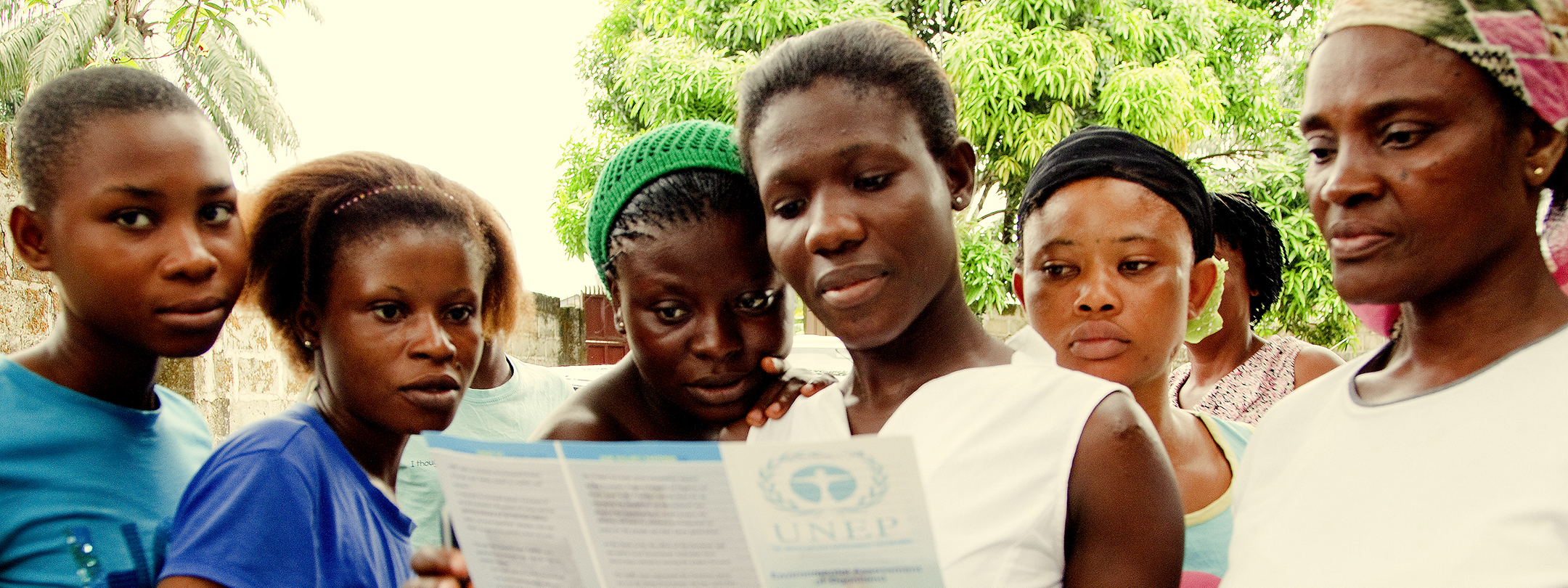Contested Boundaries: NGOs and Civil–military Relations in Afghanistan
Publisher: Central Asian Survey
Author(s): Jonathan Goodhand
Date: 2013
Topics: Assessment, Cooperation, Humanitarian Assistance, Monitoring and Evaluation, Programming
Countries: Afghanistan
In recent years there has been a growing focus in academic and policy circles on the changing roles of military and civilian actors in the context of multi-mandate peace and stabilization operations. This focus on ‘civil–military cooperation’ (CIMIC) and the related notion of the ‘security–development nexus’ reflect changed thinking about the causes of (and solutions to) to wars and insecurity, the role of external actors, and the balance between ‘hard’ and ‘soft’ forms of intervention. This article explores the civil–military interface in Afghanistan, focusing on the changing role of NGOs and specifically their growing but troubled relationship with externally promoted statebuilding and counterinsurgency. A recurring theme in the article is that of contested boundaries; CIMIC has been the site of intensive ‘boundary work’ in which NGOs and the military seek to negotiate or contest where boundaries are drawn and who has the power to draw (and police) them.
